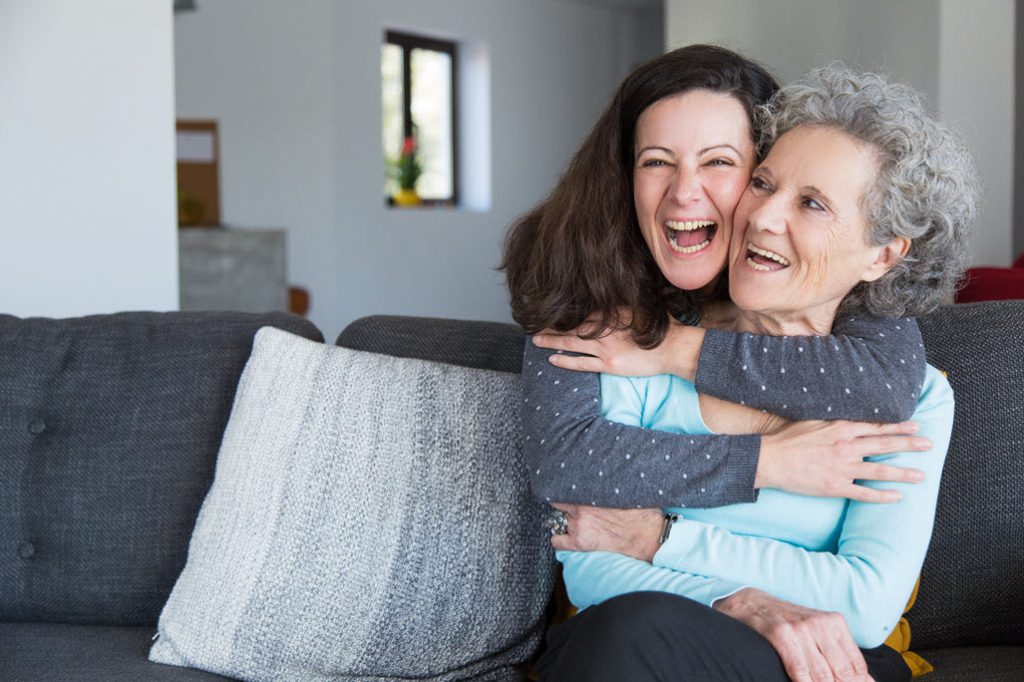Lifestyle

It’s estimated that more than 400,000 Australians are living with dementia. And higher incidences of younger onset dementia (YOD) are occurring in the statistics.
Younger onset dementia is a group of symptoms that affect people under the age of 65, for which there is no cure or medication to prevent symptoms. As of 2019, approximately 27,247 Australians living with younger onset dementia onset dementia, which will grow to 42,400 by 2058.
Dementia is an umbrella term and there are several different types of dementia, with Alzheimer’s disease, vascular dementia, frontotemporal dementia and Korsakoff syndrome being the most common types diagnosed in this age group.
Early symptoms can be subtle. Symptoms include:
Additionally, a large number of people with dementia can experience hallucinations and almost half experience depression and anxiety.
Unfortunately, brain function is hampered so greatly that everyday life and daily living activities are affected. Needless to say, it can be devastating for those living with it and for those witnessing it – especially as most people assume it’s an older person’s disease.
As dementia develops, the inevitable worsening of symptoms gradually makes life harder and in almost all cases, requires the person to have full time care. This can be an enormous task for one person (such as the partner or adult children) and a residential facility is often sought.
It’s even more impactful because most people diagnosed with YOD are likely to be working full time or supporting and raising a family at this stage in their life. This significantly changes the roles and lifestyle of the family members of the person with dementia.
Naturally, most family members don’t hesitate to undertake the role of carer for their loved one with dementia. But caregiving can be an overwhelming and challenging role and lead to stress and feeling burdened.
Caring for people with dementia can be physically, mentally, emotionally and economically demanding but also very rewarding with 38% of carers reporting they felt closer to the care recipient.
In addition to the impact on family members’ wellbeing, there’s also financial difficulties to consider. At some stage, it is likely the person with dementia will be unable to work, make legal or financial decisions or manage money. Which all has an enormous bearing on finances, especially with bills and a mortgage or rent to pay, and children to send to school.
Health care costs also begin to mount. The carer may find themselves needing to take more carer’s leave, reducing working hours, or even giving up work. There’s also the added cost of residential care when the time comers.
If your loved one has been diagnosed with dementia, some of the ways in which you can ease the burden are:
It’s also wise to plan ahead: start saving, make decisions while the person is able to legally make sound decisions (particularly when it comes to any financial, legal or medical treatment) and set up an Enduring Power of Attorney.
For more information visit www.dementia.org.au